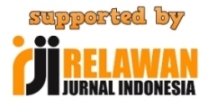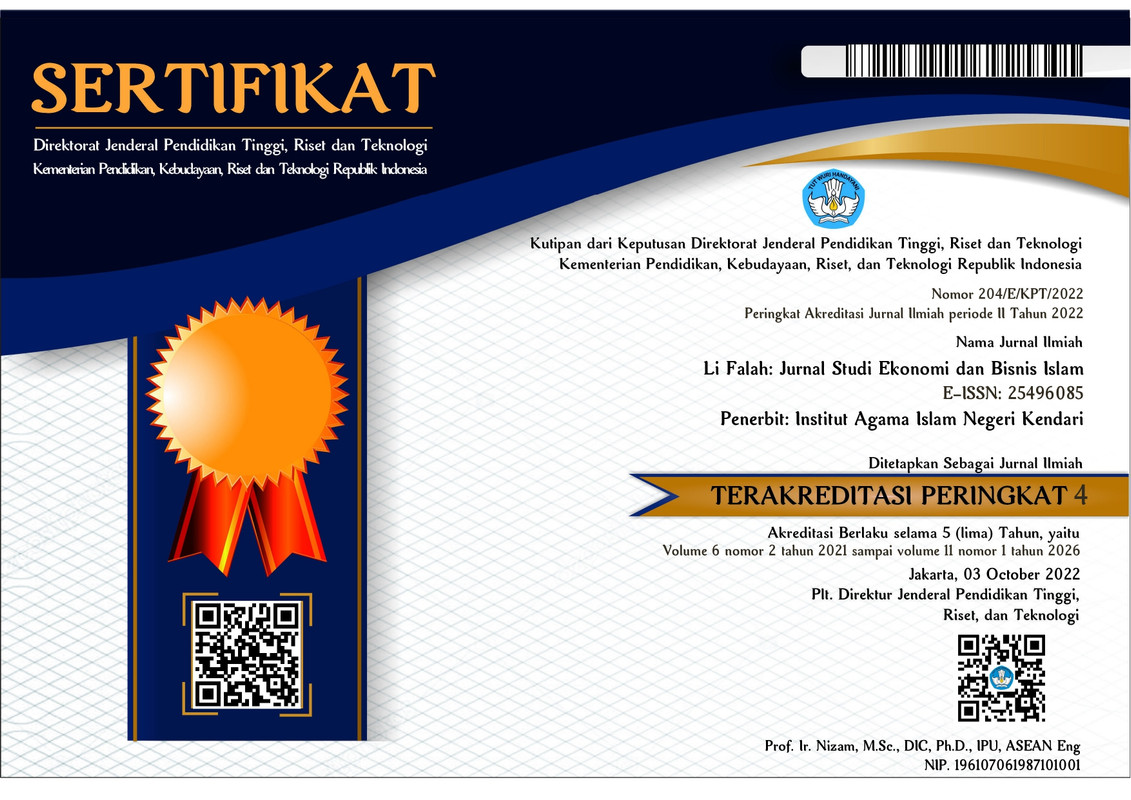Enhancing Financial Education: Debt-Taking And Charity-Giving Context In Indonesia
Abstract
The low-income households are perceived to have the right to take debt from excessfinanced group or entitled for some charity. However, this perception has blur their attitude towards charity-giving. Low-income should not consider themselves as 'the taker' in perpetual. They should instil giving behaviour and consider themselves as 'the giver'. Experts from financial education and Islamic finance areas are interviewed. Results from Analytic Network Process suggest that setting specific targeted behaviour is the most priority, with debt-taking focus of interest. Women apparently become the most urgent targeted audience of Islamic finance education. Before executing education program, participant’s belief towards Islamic value should be built. Experts suggest formal education institution be the most preferable place to establish the program, in collaboration with formal financial institutions to conduct the training and support from government budget. Introducing Islamic economics and finance values from the earlier stage of formal education would be suitable for future consideration.
Keywords
Full Text:
PDFDOI: http://dx.doi.org/10.31332/lifalah.v3i2.1195
Copyright (c) 2019 Laily Dwi Arsyianti, Salina Kassim, Adewale Abideen Adeyemi

This work is licensed under a Creative Commons Attribution-ShareAlike 4.0 International License.
Li Falah : Jurnal Studi Ekonomi dan Bisnis Islam, Indexed In
Accredited By
View My Stats
Organized by : Fakultas Ekonomi dan Bisnis Islam
Published by : Institut Agama Islam Negeri Kendari
Jl. Sultan Qaimuddin No. 17 Baruga Kota Kendari Provinsi Sulawesi Tenggara
phone. +62401-3193710
Fax. +62401-3193710
Email: [email protected]



















